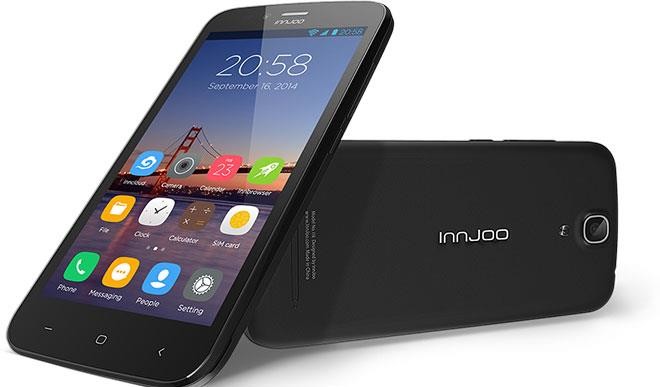‘$3.7trn GDP boost, 95m jobs expected from digital finance in 2025’
McKinsey Global Institute has said digital finance can lead to a $3.7 trillion GDP boost by 2025, create 95 million new jobs across all sectors, and save $110 billion annually in leakages in emerging countries. This is even as the United Nations-based Better Than Cash Alliance (BTCA) said Nigeria could create a very strong digital […]


McKinsey Global Institute has said digital finance can lead to a $3.7 trillion GDP boost by 2025, create 95 million new jobs across all sectors, and save $110 billion annually in leakages in emerging countries.
This is even as the United Nations-based Better Than Cash Alliance (BTCA) said Nigeria could create a very strong digital economy through digital infrastructure and innovation.
In a recently released research report entitled: “Accelerators to an Inclusive Digital Payments Ecosystem”, BTCA says that Nigeria can become truly cashless by embracing digitisation of payments.
The research was based on 25 countries including Nigeria.
The report also identified obstacles currently lined up on the way of digitisation by a country such as Nigeria. These hurdles include the lack of a broader analytical framework that applies to both governments and companies.
“A range of studies have demonstrated that moving from cash to digital payments can boost productivity and economic growth, improve transparency, increase tax revenues, expand financial inclusion, and open up new economic opportunities, particularly for women and disadvantaged communities”, the report continues.
The report notes that although many developing and emerging markets are aware of the positive impact of digital economies, they have not developed a workable framework for reaping the full benefits accruable from it.
Despite the identified obstacles, the report notes that there are a number of activities, which the Nigerian government can take to increase usage and adoption of digital payments. These activities, which it calls accelerators, include promoting merchant acceptance infrastructure across Micro, Small and Medium Enterprises (MSMEs). Others include Leveraging existing networks or platforms to deliver digital payment products and services, establishing a shared digital infrastructure for players, establishing interoperability, and developing a unique identification programme.
